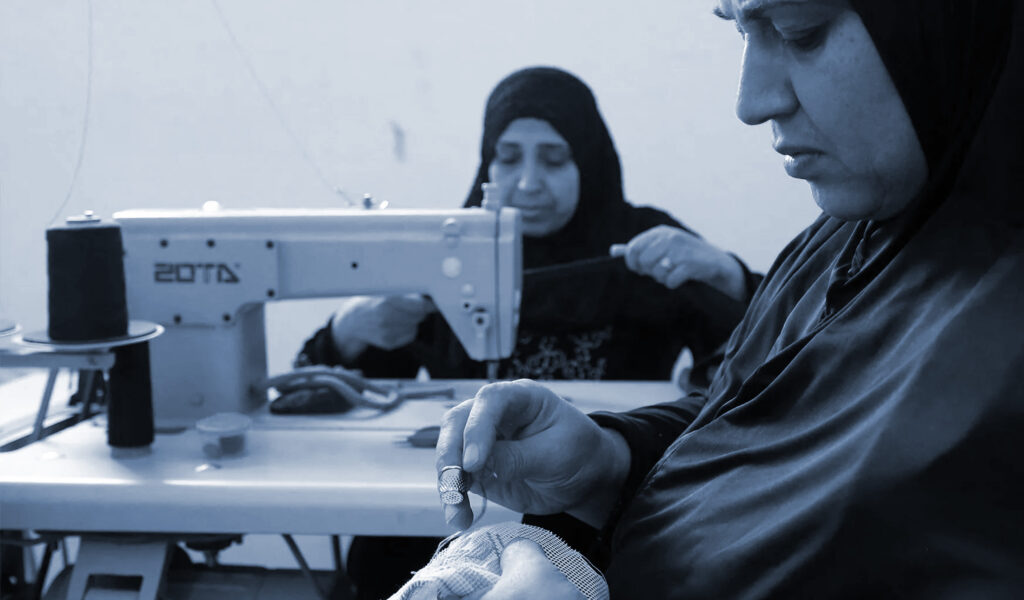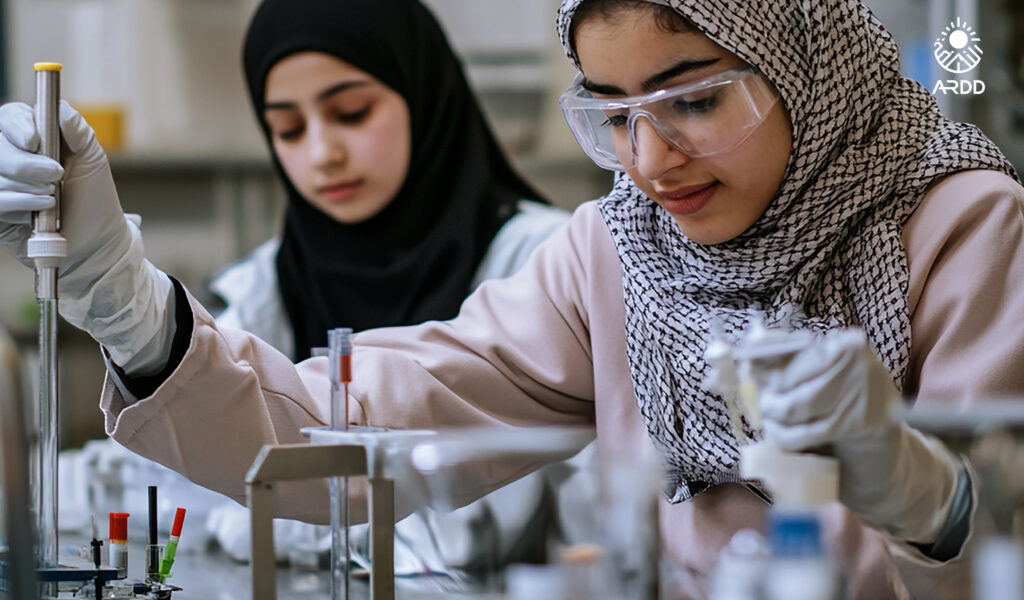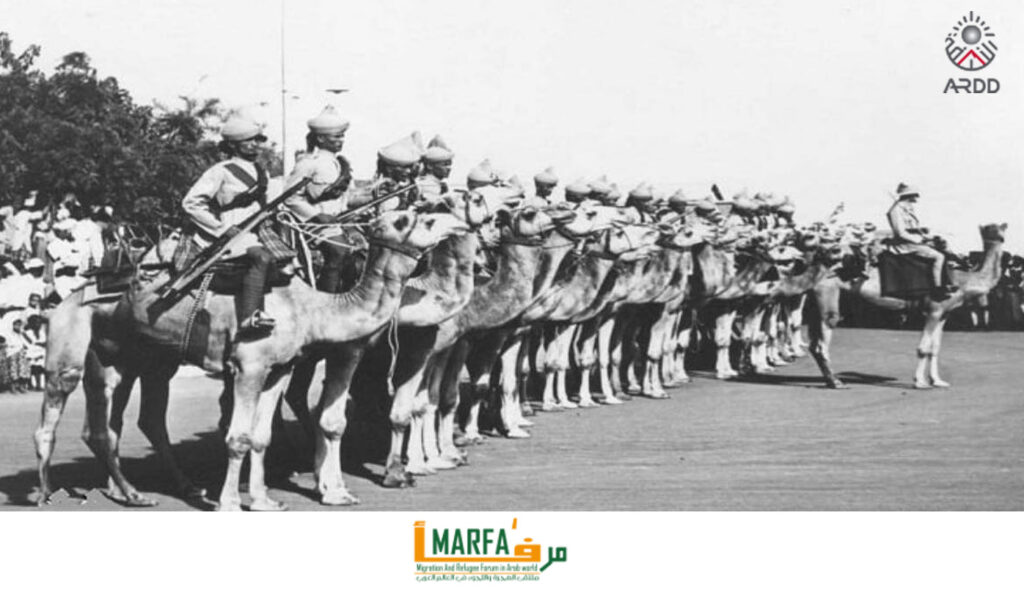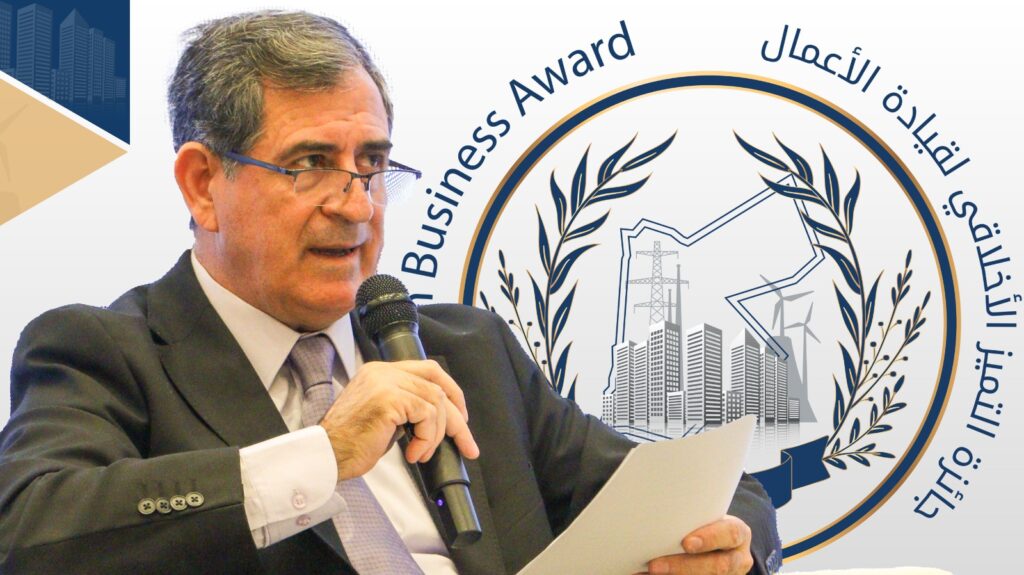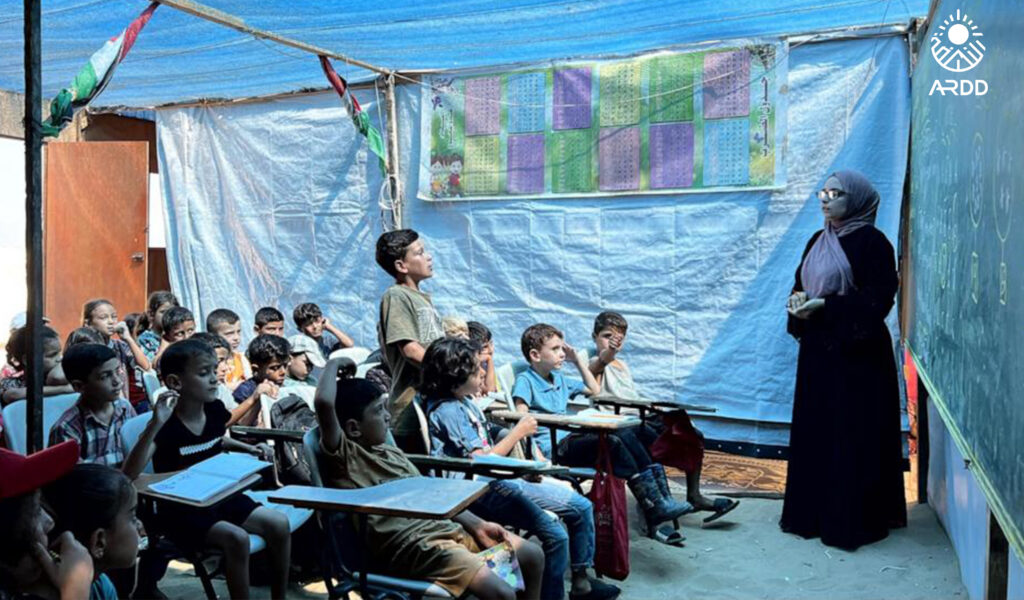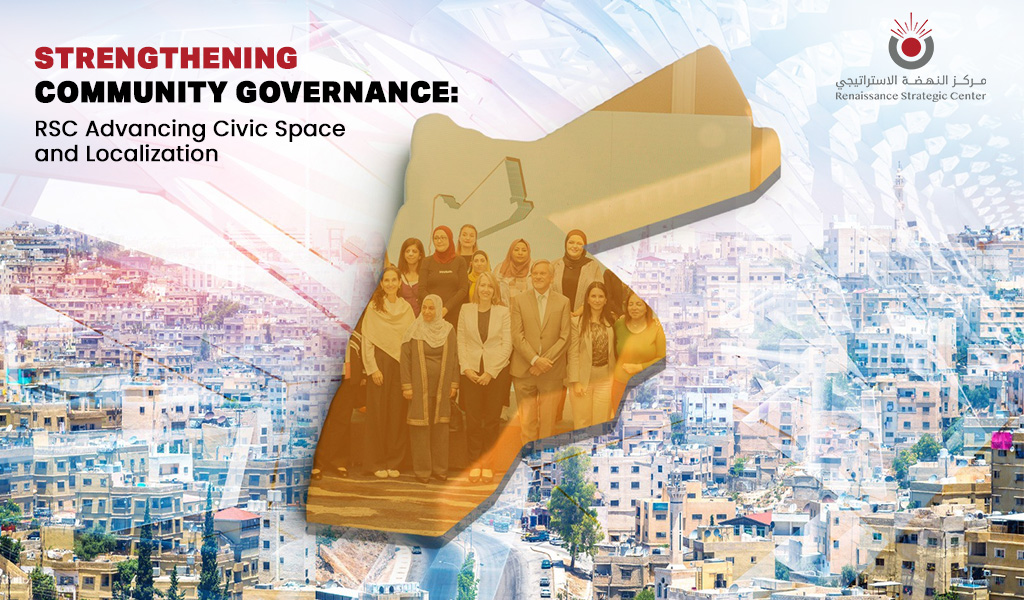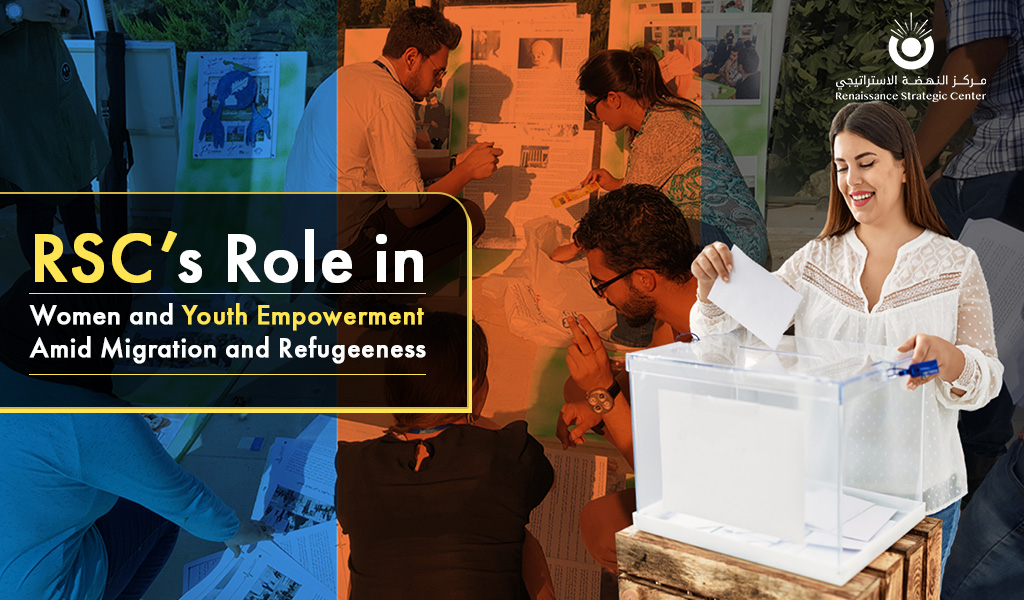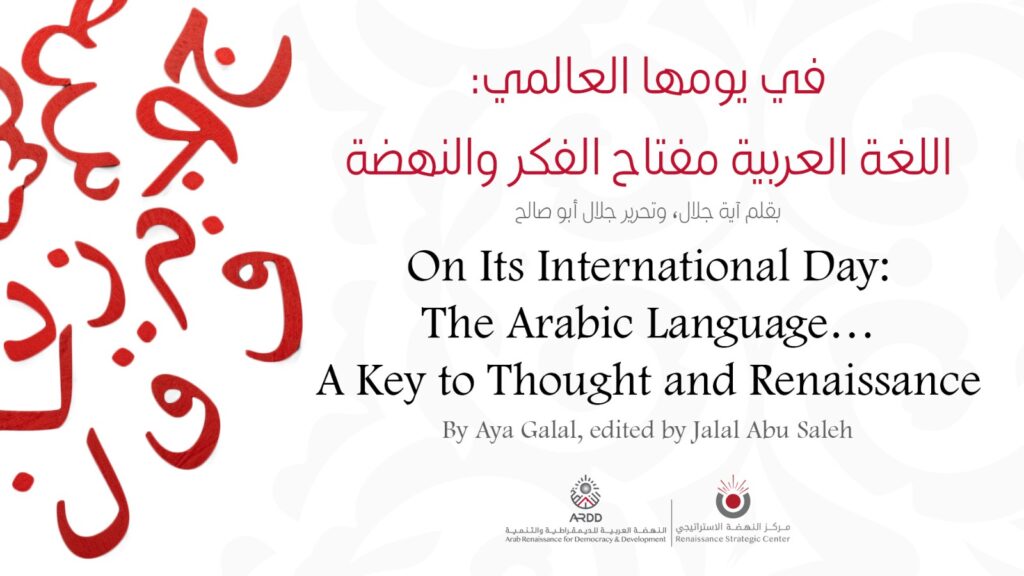Over the past decade, Jordan has led the way in integrating legal aid into its refugee response. This article outlines key lessons from that journey and argues for legal aid to be recognized as a core humanitarian service, particularly in times of crisis and transition.
As the Syrian refugee crisis enters a critical new phase, with expectation for more families preparing to return, it is worth revisiting a dimension of humanitarian action too often overlooked: legal aid. Over the past twelve years, Jordan has become a case study in how access to legal services shapes the daily lives, rights, and prospects of refugees, and why legal aid must be treated as an integral part of protection in humanitarian settings.
Legal Aid: An Essential but Overlooked Lifeline
When conflict or disaster forces people to flee, they often cross borders without official documents, relationships proof between individuals, or legal status. This invisibility can may lead to the birth of children without birth certificates, marriages going unregistered, families unable to claim inheritance rights, and people at constant risk of arrest or exploitation.
International humanitarian standards — like the Sphere Handbook — define minimum thresholds for shelter, water, sanitation, and health. Yet they remain largely silent on legal needs. Evidence shows this gap has far-reaching consequences: refugees without official documents struggle to access education, healthcare, work permits, or social protection. They are more vulnerable to forced labor, early marriage, trafficking, and the risk of statelessness. These are conditions that entrench poverty and social tension.
Jordan’s Journey: Embedding Legal Aid from the Start
When the Zaatari Refugee Camp was established in 2012 to host tens of thousands of Syrians, legal risks emerged immediately. With no civil registration inside the camp, children were being born in risk of losing their nationality. Marriages, divorces, and deaths were going non-registered. Refugees risked detention if they left the camp without authorization.
Recognizing these challenges, national civil society organizations, working alongside the Jordanian government and UNHCR, moved fast to embed legal aid as a core part of the refugee response. ARDD (Arab Renaissance for Democracy and Development) — a Jordanian NGO — was among the first to provide dedicated legal services inside Zaatari Camp. It successfully advocated for the placement of civil status department offices inside the camp to record births, deaths and other related documentations, and supported the establishment of Sharia courts to register marriages and other vital events.
This model was later replicated in Azraq Camp, ensuring that legal identity and protection services became standard in all major refugee camps in Jordan. Over time, this commitment expanded beyond camp borders: legal aid services reached Syrians living in urban areas and extended to vulnerable Jordanians in host communities, recognizing that poverty and exclusion often cut across nationality.
Role of Partnerships and Coordination
This progress was made possible through close collaboration with government institutions, the judiciary, UNHCR, and international donors. Strategic coordination among them helped ensure legal services were recognized, funded, and integrated into camp infrastructure and broader national frameworks.
A National Team Trained for Protection
These services were made possible by a large and growing team of Jordanian lawyers, paralegals, and legal counselors who have been trained and equipped over the years to handle the complex legal challenges that come with protracted displacement. Today, this national network operates through ARDD’s offices across the country, providing free legal counseling, representation before various courts, and awareness sessions in camps, cities, governorates, and remote communities alike.
legal teams have contributed to resolving family cases, landlord-tenant disputes, detention and administrative arrest, labor rights claims, and tenancy problems — for both refugees and local families. They have also played a vital role in countering fraud and misinformation, especially at times of uncertainty, when rumors can spread quickly and expose communities to exploitation.
Impact and Lessons
Jordan’s experience reflects what global research consistently confirms: legal aid is not a luxury but a fundamental tool for protection. Refugees with valid official documents and access to justice are more likely to enroll their children in school, access healthcare, secure decent work, and resolve disputes peacefully. By contrast, lack of official documents deepens marginalization, undermines social cohesion, and can even affects stability.
For example, during the early years of establishing the Zaatari camp, the absence of clear legal channels led to the emergence of complex legal practices and violations. The establishment of a clear legal framework—with the support of legal aid providers, civil status offices, and Sharia courts—helped to restore and organize legal conditions in the camp, reduce violations, and reinforce the rule of law within it.
Since 2012, ARDD has provided legal counselling to over 65,000 refugees in Zaatari Camp, resolved more than 2,000 legal cases, and supported the issuance of over 3,500 civil documentation records—while serving an average of 100,000 individuals annually across Jordan.
A New Phase: Preparing for Safe and Lawful Return
Today, as voluntary return becomes an option for some, legal aid remains vital but takes new forms. Refugees who wish to return need to resolve pending debts, verify civil and criminal records, secure valid documents, and navigate exit and re-entry procedures. In Jordan’s camps and urban areas, ARDD’s legal teams continue to offer counseling and legal awareness sessions to help families understand their rights and obligations — ensuring that returns are voluntary, safe, and legally secure.
At the same time, the legal needs of those who remain in the camps and beyond are no less urgent or necessary than others. Housing disputes, labor rights, family cases, and fraud prevention remain daily priorities, especially with increasing funding pressures and host communities continuing to bear the social and economic impacts of prolonged displacement.
A Blueprint for Humanitarian Response
Jordan’s decade-long experience demonstrates the necessity of considering legal aid as a fundamental pillar of humanitarian response, on par with shelter, water, food, and healthcare. It safeguards the dignity and rights of refugees while strengthening the resilience of host communities, who also benefit from equitable access to justice.
ARDD’s legal aid department which includes trained Jordanian lawyers and community legal workers, demonstrates mechanisms and methods for building and sustaining local capacities to meet complex legal needs. This approach embodies the gap between emergency relief, long-term development, and peacebuilding efforts.
As global displacement continues to rise, this model offers critical lessons for how we design humanitarian standards, allocate funding for protection services, and plan for durable solutions. Legal aid ensures not only immediate protection, but also lays the groundwork for long-term outcomes — whether through voluntary return or resettlement.
However, sustaining these services requires consistent and long-term investment. In an era of fluctuating international funding, prioritizing legal aid within both national strategies and international donor frameworks is vital to prevent service gaps and ensure continuous protection for those in need.
Despite the above, sustaining these services requires continuous and long-term investment. In an era marked by fluctuations in international funding, prioritizing legal aid and considering it within national strategies and international donor frameworks is crucial to bridging service gaps and ensuring the ongoing protection of those in need.


